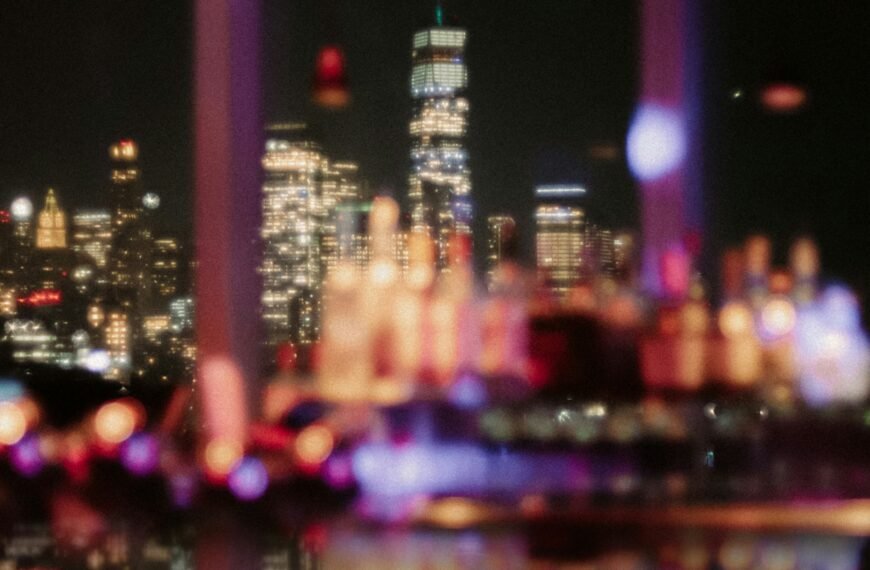Have you ever wondered why your iPhone wallpaper suddenly turns black? It can be quite frustrating and leave you searching for answers. In this article, we will explore the possible reasons behind this perplexing issue and provide you with some simple solutions to get your wallpaper back to its colorful and vibrant state. So, if you’re tired of staring at a black screen every time you unlock your iPhone, keep reading to find out why this might be happening and how you can fix it.

Possible Causes of a Black Wallpaper on iPhone
Screen Brightness Issue
A common cause of a black wallpaper on your iPhone could be due to a screen brightness issue. If your screen brightness is set to the lowest level, it may cause the wallpaper to appear black. To fix this, adjust the screen brightness by swiping up from the bottom of your iPhone screen to access the Control Center. From there, adjust the brightness slider to a higher level and check if the wallpaper appears correctly.
Software Glitch
Sometimes, software glitches can be the reason behind a black wallpaper on your iPhone. Glitches can occur due to various factors, such as a recent software update or an app installation. To solve this issue, try restarting your iPhone. Simply press and hold the Side or Power button until the slider appears. Then, drag the slider to turn off your device. After a few seconds, press and hold the Side or Power button again until the Apple logo appears and your device restarts.
Low Power Mode
Another possible cause is having Low Power Mode enabled on your iPhone. When your battery level is low, enabling Low Power Mode can help extend the battery life, but it may also affect certain features, including the appearance of wallpapers. To disable Low Power Mode, go to the “Settings” app on your iPhone, tap “Battery,” and toggle off the “Low Power Mode” option. Check if the wallpaper is restored once Low Power Mode is disabled.
Background App Refresh Setting
The Background App Refresh setting can also impact the display of your wallpaper. If this feature is disabled for a particular app, it may not update the wallpaper properly. To enable Background App Refresh, go to the “Settings” app, select “General,” and tap “Background App Refresh.” Ensure that the toggle switch is turned on for the apps you want to allow background refreshing. This step might help resolve the black wallpaper issue.
Reduced Motion Setting
The Reduced Motion setting is designed to reduce the visual effects and motion on your iPhone. However, it can also affect the appearance of wallpapers. To disable Reduced Motion, open the “Settings” app, select “Accessibility,” tap on “Motion,” and toggle off the “Reduce Motion” option. Once Reduced Motion is turned off, check if your wallpaper is displaying correctly.
Accessibility Settings
Certain accessibility settings might interfere with your wallpaper display. To ensure there are no conflicting settings, go to the “Settings” app, select “Accessibility,” and review each option to see if any settings could be causing the black wallpaper issue. Adjust or disable any settings that could affect the wallpaper appearance and observe if the problem is resolved.
Home Screen Appearance
If you have customized your iPhone’s home screen appearance using third-party apps or widgets, it could potentially cause issues with wallpaper display. To fix this, remove any third-party home screen customization apps or widgets and revert to the default home screen appearance. Check if the wallpaper is visible after reverting any changes made.
Wallpaper Compatibility
In some cases, the wallpaper you have set may not be compatible with your iPhone model or current iOS version. Ensure that the wallpaper you have chosen is specifically designed for your iPhone model and the version of iOS you are using. If the wallpaper is not compatible, try selecting a different wallpaper from the default options provided by Apple, and see if it resolves the issue.
Camera Roll Permissions
If you are experiencing a black wallpaper when selecting an image from your camera roll, it could be due to restricted camera roll permissions. To check and adjust these permissions, go to the “Settings” app, select “Privacy,” tap on “Photos,” and make sure the necessary apps have permission to access your camera roll. Confirm if this adjustment enables the wallpaper to be displayed correctly.
iOS Update Issues
Sometimes, issues with the iOS software can lead to problems with wallpaper display. If you recently updated your iPhone to a new iOS version and encountered the black wallpaper issue afterwards, it could be a result of the update. In such cases, Apple often releases subsequent updates to address bugs and glitches. Check for any available iOS updates by going to the “Settings” app, selecting “General,” and tapping on “Software Update.” Install any pending updates and see if the wallpaper issue is resolved.

Solutions to Fix a Black Wallpaper on iPhone
Adjust Screen Brightness
If the wallpaper appears black due to low screen brightness, adjust it by accessing the Control Center and increasing the brightness level.
Restart or Force Restart iPhone
Restarting your iPhone can help resolve software glitches that may be causing the black wallpaper. Hold the Side or Power button to turn off your device and then turn it back on. Alternatively, perform a force restart by pressing and quickly releasing the Volume Up button, followed by the Volume Down button, and then holding the Side or Power button until the Apple logo appears.
Disable Low Power Mode
When Low Power Mode is enabled, it may affect the appearance of wallpapers. Disable Low Power Mode by accessing the “Settings” app, tapping “Battery,” and toggling off the “Low Power Mode” option.
Enable Background App Refresh
Ensure that the Background App Refresh setting is enabled for the apps you want to allow wallpaper updates. Access the “Settings” app, select “General,” and tap “Background App Refresh” to adjust the toggle switches accordingly.
Disable Reduced Motion
By disabling the Reduced Motion setting, you can potentially restore the correct display of wallpapers. Access the “Settings” app, select “Accessibility,” tap on “Motion,” and toggle off the “Reduce Motion” option.
Check Accessibility Settings
Review the accessibility settings on your iPhone to ensure they are not conflicting with the wallpaper display. Access the “Settings” app, select “Accessibility,” and adjust or disable any settings that may interfere with the appearance of wallpapers.
Change Home Screen Appearance
If you have used third-party apps or widgets to customize your home screen, try removing them and reverting to the default appearance. Removing such customizations may resolve the black wallpaper issue.
Ensure Wallpaper Compatibility
Make sure the wallpaper you have chosen is compatible with your iPhone model and the current version of iOS. If the current wallpaper is incompatible, select a different wallpaper from the default options provided by Apple.
Check Camera Roll Permissions
Verify that the necessary apps have permission to access your camera roll. Go to the “Settings” app, select “Privacy,” tap on “Photos,” and adjust the permission settings accordingly.
Update iOS Software
If the black wallpaper issue occurred after an iOS update, check for any available updates. Access the “Settings” app, select “General,” and tap on “Software Update” to install any pending updates.
By following these potential causes and solutions, you can troubleshoot and resolve the black wallpaper issue on your iPhone. Remember to try the solutions one by one, testing the wallpaper display after each step to determine which solution works best for you.









